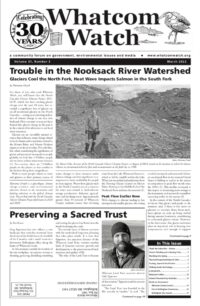You’ve probably seen numerous terms used to describe a person with hearing loss, including “Deaf” with an uppercase d, “deaf” with a lowercase d, and “hard of hearing.”
But what do they all mean, and how are they different?
“Deaf” (uppercase D)
The “uppercase D” Deaf is used to describe people who identify as culturally Deaf and are actively engaged with the Deaf community. Deaf with a capital D indicates a cultural identity for people with hearing loss who share a common culture and who usually have a shared sign language.
People who identify as Deaf are often born deaf and sometimes have other family members who are deaf. However, there are many people who may have hearing parents or were not born deaf but lost their hearing later in life and have become part of the Deaf community.
Deaf people often prefer to use sign language and it may be their first language. Deaf people have often attended schools and programs for the deaf community, where they had the chance to immerse themselves in Deaf culture.
People who are Deaf often take great pride in their Deaf identity. Some do not refer to their deafness as a disability, but others do.
“deaf” (lowercase d)
The “lowercase d” deaf simply refers to the physical condition of having hearing loss. People who identify as deaf with a lowercase “d” don’t always have a strong connection to the Deaf community and don’t always use sign language. They may prefer to communicate with speech.
There are a variety of reasons why a person identifies as deaf with a lowercase “d.” For instance, they may have been born to hearing parents and grown up in the hearing world with little or no exposure to the Deaf community.
Hearing Impaired
Hearing impaired is another term that is sometimes used to describe a person with hearing loss, but many people in the d/Deaf and hard of hearing community find the term offensive. This is because of the implication it holds of being “impaired.”
There are some people with hearing loss who are comfortable with this term and self-identify as hearing impaired. However, it’s best to avoid using it when referring to someone else.
From: https://www.ai-media.tv/ai-media-blog/the-difference-between-d-deaf-and-hard-of-hearing-2/.




























